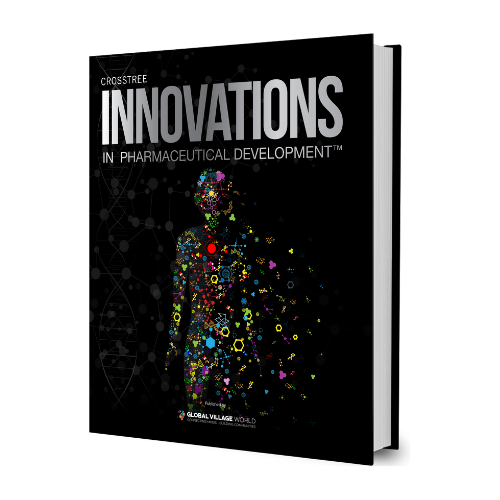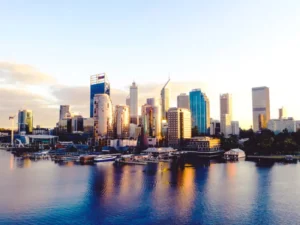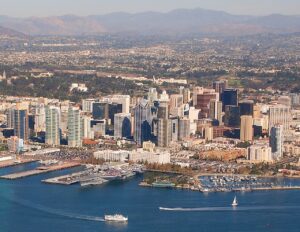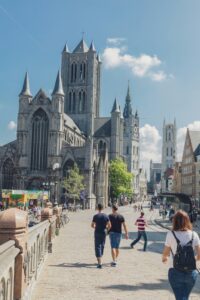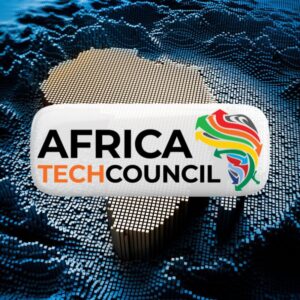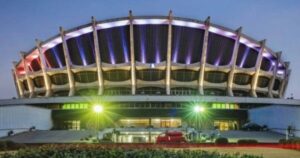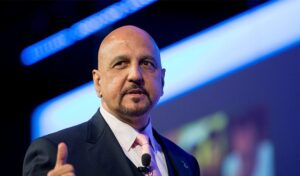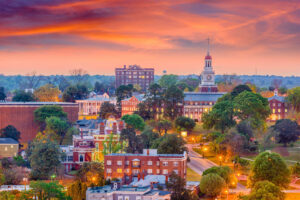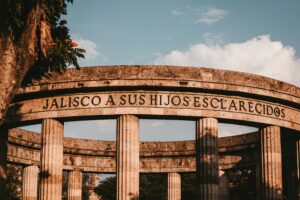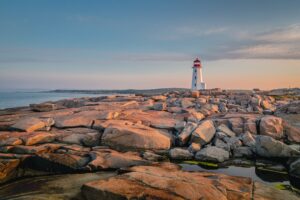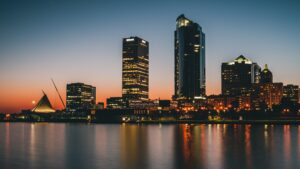Puerto Rico (PR) has been one of the few countries fortunate to have lived the evolution of healthcare with the presence of pharmaceutical operations for more than six decades. The island’s pharmaceutical industry professionals have witnessed big changes from chemical synthesis derived compounds to complex biological molecules manufactured using biotechnology and most recently, the introduction of reprogramed whole immune cells to cure cancer and other major illnesses.
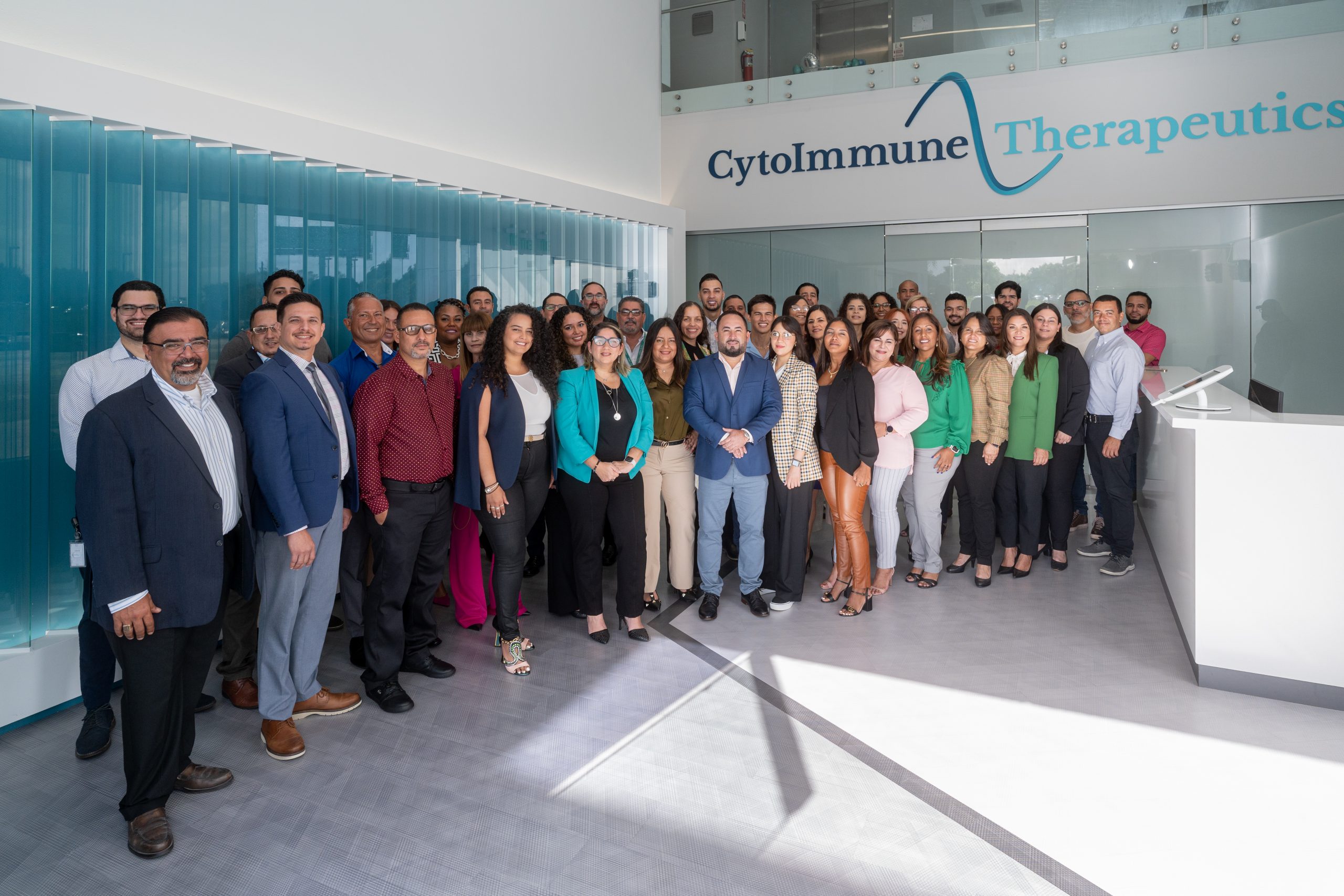
When the first pharmaceutical manufacturing facility was established in PR in the late 1950’s no one would have predicted the impact that was going to have decades down the road.
Driven by local pharmaceutical incentives, companies slowly started to move manufacturing operations to the Island. The strong engineering expertise developed by the petrochemical industry and nurtured by the educational system, provided the perfect platform to transition into a pharmaceutical industry that was centered around chemical synthesis. The fact that the University of Puerto Rico had solid engineering, scientific and pharmaceutical programs came as the perfect fit facilitating companies in establishing their operations with mainland scientists, engineers and executives’ shoulder to shoulder with local workforce that would later grow into one of the most sophisticated pharmaceutical workforce per capita in the world.
By the mid 1970’s and early 1980’s there was a boom driven by government tax incentives. During those two decades more than twenty pharmaceutical companies established operations in PR with over eighty manufacturing facilities being built and commissioned. That gave birth to a vast infrastructure that supported the import of raw materials and export of finished pharmaceutical goods to countries in every confinement of the globe.
The decade of the 1990’s marked the highlight of the pharmaceutical industry on the Island. Universities adjusted their educational programs to cope with the technical skills, scientific and engineering knowledge demand driven by the massive amount of highly technical operations. With that other supporting business models emerged in mechanical, technical support fields, compliance, and validations. The FDA local office adjusted its growth alongside the growth of local pharmaceutical operations. Currently those supporting operations provide services to pharmaceutical companies around the globe.
Historically, most operations in PR, if not all, were focused only on the manufacturing and packaging portion of the operation. Product research and development were kept in the original country of the company. Every pharmaceutical product manufacturing process will run into bumps one time or another. These manufacturing processes require complex and precise process steps, multiple sophisticated reagents, highly engineering and complicated equipment along with automation technology. Whenever something doesn’t behave like it should in that process, scientists and engineers have to step in to troubleshoot it and fix it. The huge amount of activity that was happening in the Island at the time with hundreds of new products being manufactured and packaged to specific requirements for hundreds of countries, made it almost impossible to manage it from afar. The answer was to develop local teams of scientists and engineers that became experts in product science and equipment engineering. Such teams were focused on technical services and eventually expanded into product and process development.
That period of time would change the way local talent was perceived not only as manufacturing operators but now as scientists and engineers that could self-sustain a whole operation, allowing more new products manufacturing to be transferred to the Island and launched to more countries. It also meant support for the implementation of pharmaceutical operations around the globe. Those teams of scientists and engineers meant also that products could come out in raw form out of research organizations and industrial processes would be developed in the island to manufacture in large scale with the highest quality and compliance standards.
With that capability at hand, the PR pharmaceutical industry became ideal to adapt to big changes that were coming in therapeutic modalities. With the advent of biotechnology, new therapeutic platforms began to emerge. The use of living cells to generate active pharmaceutical ingredients began to gain expand (expansion). Chemical synthesis suddenly was not the only way to generate medicines. Biotechnology made way for the production of monoclonal antibodies or large molecules. Such therapies would give way to therapeutic treatments with targeted efficacy rather than a systemic chemical approach. It wasn’t long before biopharmaceutical companies grew a significant presence in the industry. Puerto Rico was quick to adapt to the change. In the late 1990’s and early 2000’s the first few biotechnology products from Immunex were brought to the Island by Wyeth along with other companies as Ely Lili, BMS and Abbott bringing biologics to their local pipeline. By 2010 Amgen had expanded its operation in PR to be their largest in the world. The growth of local biologics process development and manufacturing operations continued to broaden the local scientific knowledge and expertise. Universities followed closely creating Industrial Biotechnology programs that would enable the talent pool.
The momentum and growth were slowed down by globalization and changes in PR incentives and tax treatments. Global consolidation became the norm and new operations were started in other countries with cheaper labor and other incentives. However, it would be soon obvious that the most valuable asset PR had developed in sixty years of pharma presence in the Island were its people. Professionals nurturing from six decades of developments that provided history along with a unique skillset, expertise and views. And that is why even after the dawn of the local pharmaceutical industry, more than half of the top 20 most sold pharmaceutical products in the world are still manufactured here.
Science continues to evolve and progress and with it new therapeutic platforms have emerged. The use of reprogramed immune cells to cure cancer and other major diseases is a reality. The use of vectors to replace defective genes is gaining more ground. The biopharmaceutical industry is now incorporating Cell and Gene Therapy as their new therapeutic option. It is still in early stages with only a dozen commercial products approved by FDA and thousands of early clinical trials on its way, but it certainly will be the next platform in the pharmaceutical spotlight (as were the biologics at some point and chemical synthesis before that). Now with a mature and massive highly skilled biopharmaceutical workforce along with supporting infrastructure PR is ready for the next chapter in the history of serving patients around the globe. All those years of mastering pharma operations and local scientists that had migrated to train and work on these new modalities made PR once again ideal to establish Cell and Gene Therapy operations. The establishment of CytoImmune Therapeutics in Toa Baja in 2021 marks the beginning of yet another few decades of pharmaceutical journey in the Island.

